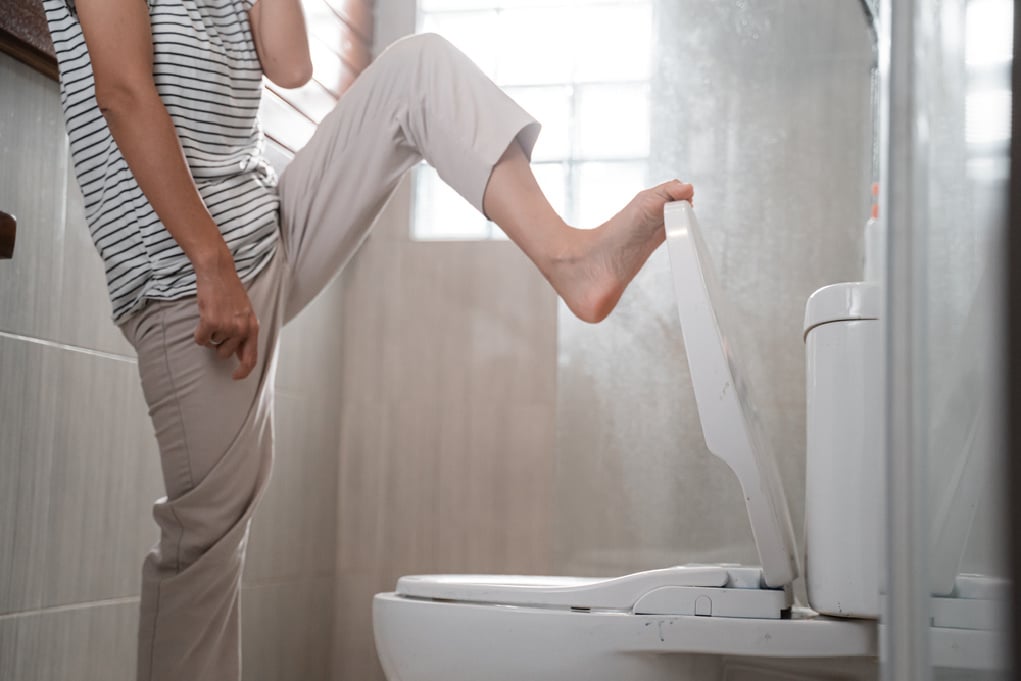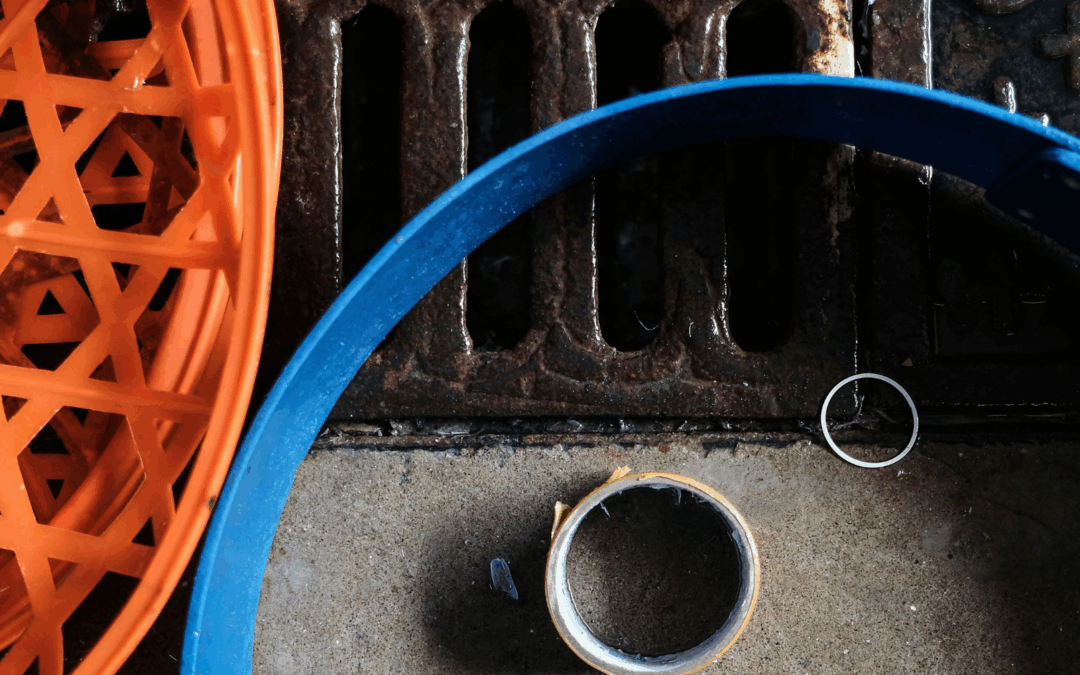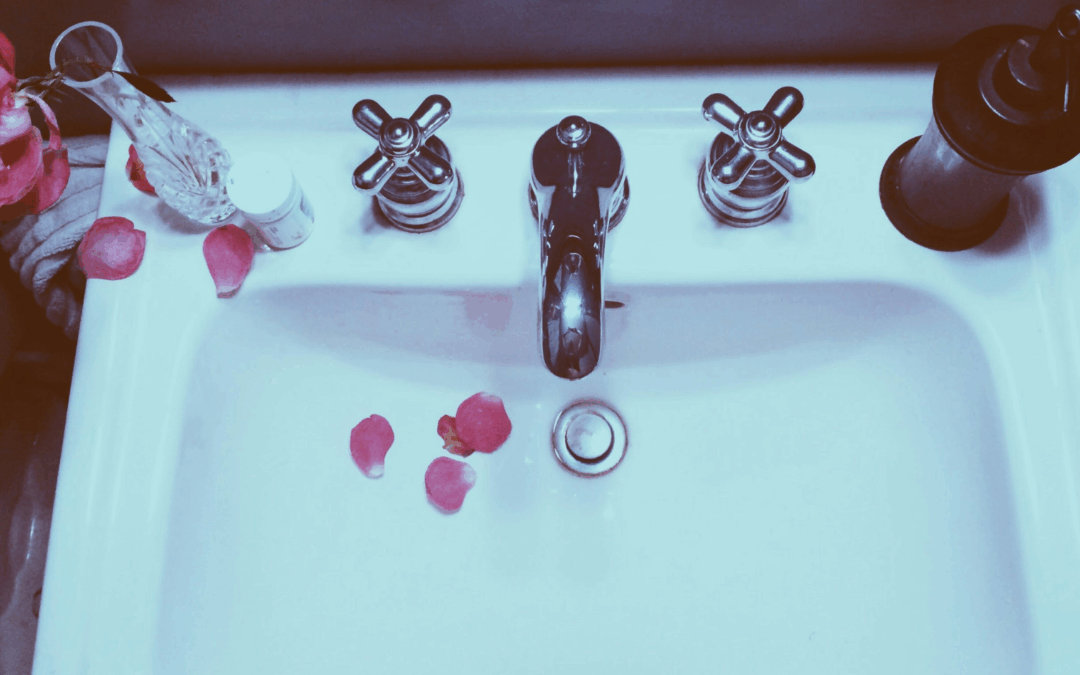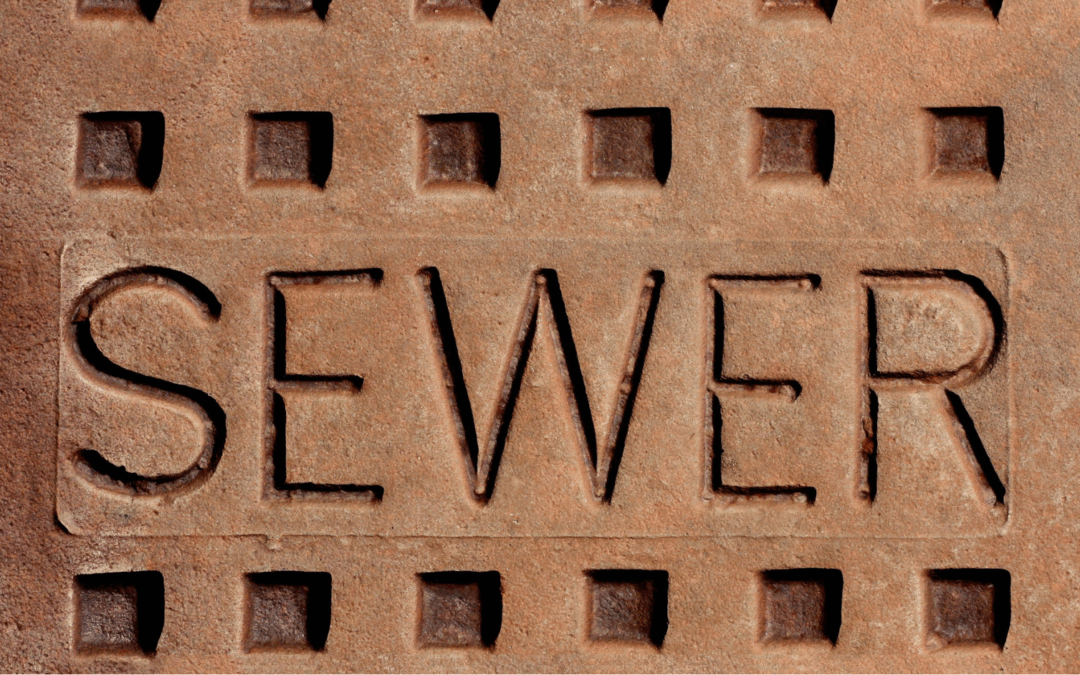Does your toilet stink? Are you wondering how to get rid of sewer smell from toilet? You’re not alone.
The smell of sewage in your toilet can be one of the most unpleasant experiences a homeowner can have. The odor can be overwhelming and can make your bathroom an unwelcome place to be. It is important to note that sewer smell is not only unpleasant but it can also be a sign of a potential plumbing problem. In this blog post, we will explore some tips and tricks to help you get rid of sewer smell from your toilet.
Identify the Source of the Smell
The first step to getting rid of sewer smell from your toilet is to identify where it is coming from. Check the toilet bowl, the tank, the wax ring, and the sewer line to see if you can locate the odor source. If the smell is coming from the wax ring, it means that the ring needs to be replaced. If the smell is coming from the sewer line, it may require a professional plumber to come and fix the toilet odor issue.
Schedule Service Online
Get a free estimate so you know what you're signing up for
"*" indicates required fields
For Emergency Services Call: 410-255-9300
Clean The Toilet Bowl
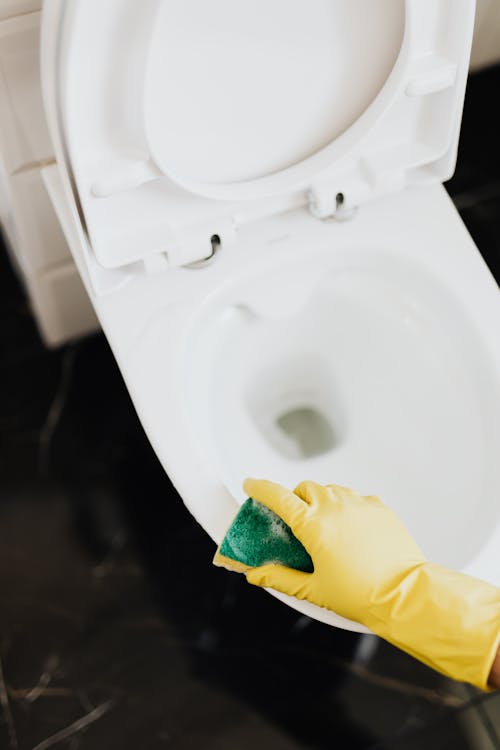
Sometimes, the sewer smell can be coming from the toilet bowl itself. In this case, you should clean the bowl thoroughly using a good quality toilet cleaner. You can also try using household items such as baking soda, vinegar, or lemon juice to get rid of the odor. Pour any of these items into the bowl and then let it sit for about 30 minutes before flushing it. This should help remove any residue that might be causing the sewer odor too.
Check The Ventilation System
Your bathroom must have proper ventilation to allow air to circulate. If you don’t have adequate ventilation, it can lead to a buildup of moisture, which in turn leads to the growth of bacteria and mold. These bacteria and mold can cause a foul odor in the bathroom. Check your ventilation system to make sure it is functioning properly. If it needs maintenance, contact a professional to help you with it.
Check The Sink And Shower Drains
If your toilet smells like sewage, it might not necessarily be coming from the toilet. The smell could be coming from your sinks and shower drains. If these drains have a buildup of organic matter, it could lead to the foul odor. Use a plumbing snake to remove any debris that might have accumulated in the shower drain.
Hire A Professional Plumber
Sometimes, you might not be able to get rid of foul odors or the sewer smell by yourself. In such cases, it is best to seek the services of a professional plumber. A plumber will be able to identify the root cause of the smell and fix it. This could save you money in the long run as it prevents a possible major plumbing issue.
Sewer Smell From Toilet – Causes
It’s not unusual for a bathroom to have an earthy odor sometimes, but when it smells like a sewer, that can be an indicator of a major problem. Having a foul smell coming from your toilet can be both frustrating and embarrassing, especially when you have guests over. Different reasons could cause this unpleasant smell, from minor problems to more significant ones. Fortunately, there are solutions to most of these issues. Below, we will discuss the main causes of sewer odors and effective ways to get rid of the sewer smell from your toilet.
Dry P-trap
The most common cause of sewer smells in toilets is the dry p-trap. The p-trap is that u-shaped pipe beneath the toilet that prevents sewer gases from flowing back into your home. It works by holding a small amount of water in the curve of the trap, which creates a barrier against sewer gases. When the p-trap goes dry, it loses its barrier function, and gas can escape. Running water through the drains regularly can prevent the p-trap from drying out.
Worn-Out Wax Ring:
An improperly sealed or worn-out wax ring can cause the toilet to wobble, which in turn can create a gap between the flange and the drainpipe beneath the toilet. This gap could allow sewer gases to seep into your bathroom, causing the foul smell. If that’s the case, you will need to replace the wax seal under your toilet to stop the smell.
Cracked Sewer Pipe:
A sewer smell coming from your toilet may be an indication of a bigger issue, like a cracked sewer pipe. Broken pipes can allow gases to leak into your home, which could pose a safety hazard. Also, hot water from a cracked pipe may cause low water levels in the toilet bowl, making it less effective in flushing. In this case, you should call a professional plumbing service immediately to inspect and repair the pipes.
Clogged Vent Pipe:
The vent pipe is a vertical pipe that runs through the roof and vents sewer gases to the outside. If this pipe is clogged and not functioning correctly, gases may accumulate, causing the bathroom to smell like sewage. A clogged vent pipe may also cause gurgling sounds in your drains and slow draining. Contacting a professional plumber to clean out the clogged plumbing vent or pipe is essential.
Sewer Backup:
Sewer backups are the most severe cause of sewer smells in toilets. A sewer backup can occur when there’s a blockage in the main sewer line or your home’s sewer line. This problem is a significant health hazard and requires immediate action. If you notice sewage backing up into the toilet water from your toilets or drains, avoid using any appliances that produce water, and contact a plumbing service.
Now you know that there are different reasons your toilet might be smelling like a sewer, from a dry p-trap to a clogged drain or vent pipe. Addressing the cause of the problem as soon as possible is critical to ensure the safety and health of your family. Doing some routine maintenance, such as pouring water down the drain occasionally, can help prevent most of these issues. However, if the problem persists, contacting a professional plumbing service is necessary. With their expert advice and skills, they will inspect and repair the problem right away, ensuring your bathroom stays comfortable and odor-free.
The Hidden Dangers of Sewer Smell in Your Toilet
Have you ever wondered why your bathroom smells like a sewer? This unpleasant odor is concerning not just because of its unpleasantness, but also because it can indicate a more serious problem. The source of the smell is often a sewer system issue, and it can be hazardous to your health. Let’s dive into the dangers of sewer smell in your toilet, the potential health risks it poses, and how you can prevent it.
Sewer Smell Health Risks

First and foremost, the sewer smell emanating from your toilet can be dangerous to your health. The sewage smell is caused by sewer gases like methane, ammonia, and hydrogen sulfide. When these gases accumulate in your bathroom, they can cause dizziness, headaches, and nausea. Prolonged exposure to these gases can even lead to more severe symptoms like convulsions and asphyxiation. In addition, inhaling these gases can aggravate pre-existing conditions like asthma and bronchitis.
Blocked Vents and Traps
One of the most common reasons for sewer smell in your toilet is blocked vents and traps. Traps are a U-shaped curve in the pipe that prevents sewage gas from entering your home. However, if this curve dries out or gets clogged with debris, you may experience sewer smell. Vent stacks, on the other hand, are pipes that allow air to flow through the sewer system. When a vent stack gets blocked, the sewer gases may not be able to escape, leading to a buildup of the sewer gas smell in your bathroom.
Damaged Pipes
Your toilet’s sewer smell can also be due to damaged pipes. When pipes corrode or crack, they release deposits into the sewer system that can cause a blockage. Blocked pipes can also cause a backup of sewage gas that can come up through your toilet. In addition, tree roots can grow into your sewer pipes and cause damages that also lead to sewer smell in the bathroom.
Bathroom Fixtures and Appliance Installation
Lastly, sewer smell in your toilet can also be due to incorrectly installed bathroom fixtures and appliances. These include the seal around your toilet base and the wax ring that seals the bottom of the bowl to the drain. If this seal is not airtight, sewer gases can enter your bathroom through the gaps. Similarly, if your washing machine is not installed correctly, it can cause water to back up into your bathroom sink and release sewer gases.
Prevention and Maintenance
To prevent sewer smell from happening in your bathroom, it is important to maintain your sewer system properly. Regular cleaning and clearing of your pipes can prevent blockages and backups that cause the buildup of sewer gases. You should also ensure that your bathroom fixtures and appliances are installed correctly, and the pipes are not damaged. If you notice a sewer smell in your bathroom, consult a professional plumber to identify and fix the problem before it causes any harm.
If your toilet smells like sewer, don’t ignore it as it could be an indicator of a bigger problem. Use the tips above to get rid of the smell, but remember that proper maintenance is key to prevent future issues. If you are not sure what to do about toilet smell, it is always best to contact a professional plumber to assist you.
If you do need a professional plumber MD Sewer and Plumbing Service is here to assist you. We give free consultations so you know you’ll have professional and prompt plumbers to assist you!


